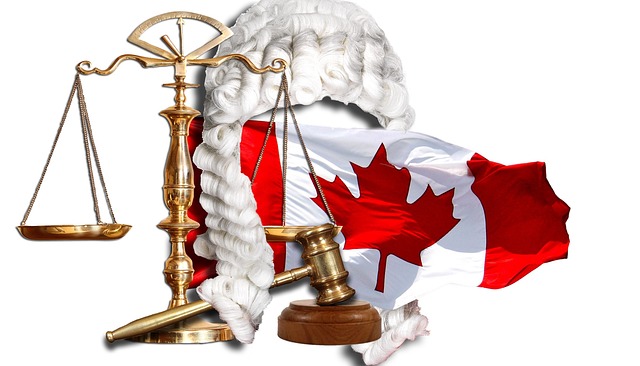Police reports are vital for determining car accident fault, offering unbiased accounts with witness statements, physical evidence, and damage assessments. These comprehensive documents provide a reliable foundation for understanding events, establishing blame, and aiding insurance negotiations, minimizing disputes, and facilitating fair resolutions. Timely and accurate reporting captures fresh memories, enabling precise analysis of incident dynamics, crucial for legal proceedings and settlements.
Police reports play a pivotal role in determining fault during car accidents. This comprehensive guide explores how these detailed records facilitate the assessment process, highlighting key elements essential for accurate analysis. From witness statements to vehicle damage assessments, understanding the nuances of police reports can significantly impact fault determination, especially when timely and accurate documentation is prioritized. Discover how this contributes to a fair resolution in insurance claims and legal proceedings, ensuring justice for all parties involved.
- Understanding Police Reports in Fault Assessment
- Key Elements of Car Accident Reports for Fault Determination
- The Impact of Timely and Accurate Reporting on Fault Finding
Understanding Police Reports in Fault Assessment

Police reports play a pivotal role in fault determination for car accidents. These detailed documents provide an unbiased account of events leading up to and during the incident, including witness statements, physical evidence, and damage assessments. By meticulously compiling this information, police reports serve as a crucial foundation for understanding the sequence of events, establishing liability, and facilitating negotiations in insurance claims, whether they are homeowner insurance claims or commercial disputes.
Accurate police reporting ensures that all relevant facts are documented and considered during the fault assessment process. This helps to avoid misunderstandings and disputes later on, such as those surrounding accident compensation. In cases where multiple parties are involved, like commercial disputes, police reports provide an impartial third-party perspective, aiding in a fair resolution of the car accident fault.
Key Elements of Car Accident Reports for Fault Determination

When it comes to determining fault in a car accident, police reports are invaluable. These comprehensive documents capture crucial details that help investigators reconstruct the events leading up to the collision. Key elements include witness statements, descriptions of vehicle damage, and the officer’s assessment of liability. By analyzing these components, authorities can objectively assess who was at fault, which is essential for insurance claims and potential legal proceedings.
A well-crafted car accident report includes information on the time, location, and conditions surrounding the incident. It also documents the actions and statements of all parties involved, including drivers, passengers, and witnesses. Additionally, details about vehicle maintenance records and driver’s license status are pertinent. For severe cases involving injuries or even wrongful death, a detailed police report serves as critical evidence for insurance companies and can guide individuals seeking compensation through legal channels, such as consulting with a skilled wrongful death lawyer.
The Impact of Timely and Accurate Reporting on Fault Finding

Timely and accurate police reporting plays a pivotal role in determining fault during car accidents. When reports are filed promptly, crucial details are captured while memories are still fresh, leading to more precise analyses of incident dynamics. This timely documentation helps establish key factors such as speed, direction, and road conditions, which are instrumental in assigning liability between involved parties.
Accurate reporting further ensures that all relevant evidence is considered during fault determination. Police officers skilled in documenting accidents capture not just the visible signs but also witness statements and potential contributing factors that may have played a role. This detailed approach significantly reduces ambiguity in subsequent insurance claims, legal proceedings, and accident settlements, such as those pursued by an Orlando accident lawyer, ensuring a more equitable resolution for all parties involved, whether in car accidents or employment disputes.
Police reports play a pivotal role in establishing fault during car accidents, providing detailed accounts that aid in unbiased decision-making. By meticulously documenting key elements like witness statements, vehicle damage, and collision scenarios, these reports enable efficient fault determination, crucial for ensuring justice and facilitating smoother post-accident processes. Timely and accurate reporting significantly enhances the accuracy of fault findings, underscoring its importance in managing car accident-related responsibilities effectively.






